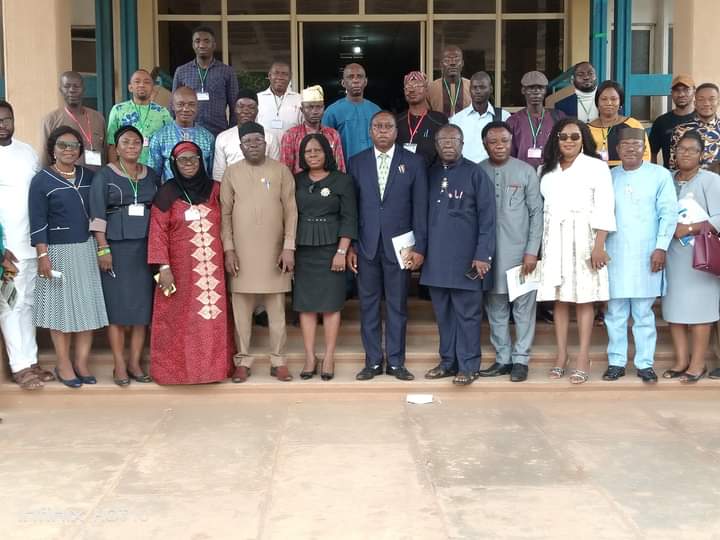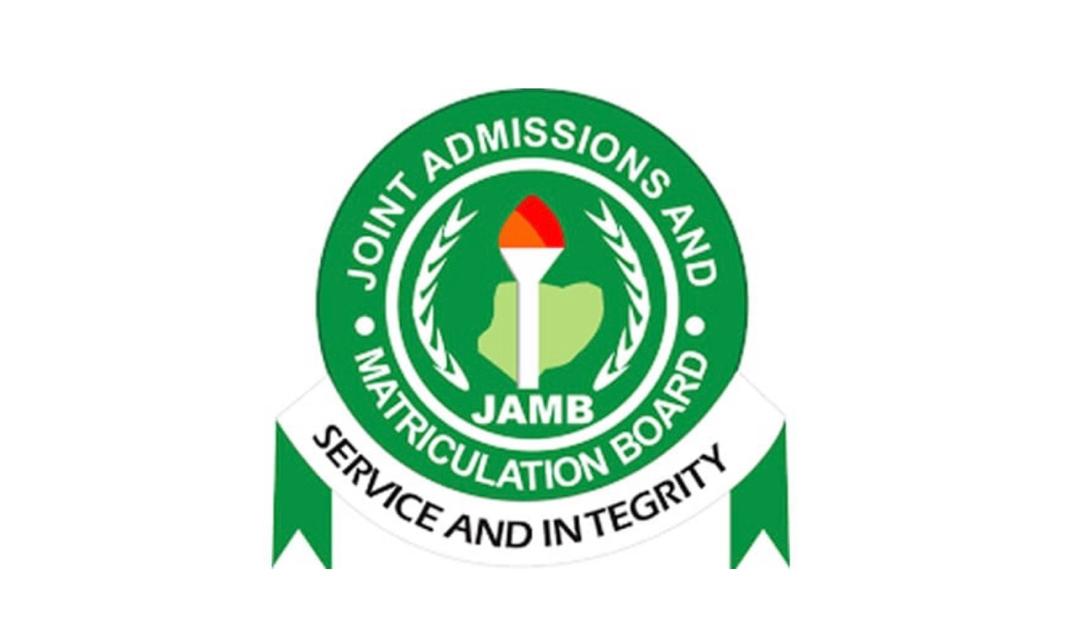Education
Digital Information: ARLS Calls for Increased Funding Of Educational Libraries In Nigeria

By joel Ajayi
The Academic and Research Libraries Section, ARLS has called for increased funding of educational libraries to improve work efficiency and enhance productivity in higher institutions.
ARLS Chairman, Dr Ifeanyi Ezema made the call at the 7th annual conference of the association held at the University of Nigeria, Nsukka Enugu State.
Dr Ezema who stated this during his welcome address to the members on Wednesday at their three-day annual national conference, said the need for increased funding of educational libraries at tertiary level by governments, heads of higher institutions and heads of academic and research institutions, has become imperative in view of the obvious realities and challenges the sector is facing in moulding future Leaders and greater Nigerians.
“The theme of the Conference ‘Academic and Research Libraries in Digital Information Environment’ was dopted based on the numerous challenges facing academic libraries in the current digital environment particularly developing economy.
“These challenges are becoming increasingly complex with the present Covid-19 pandemic.
Being at the center of academic activities in our higher institutions, academic libraries must congregate to chart better easy of mitigating these challenges.
“Funding of academic libraries in the pre-covid-19 global pandemic had been very precarious and has now been complicated with the current economic downturn.
“The digital environment has succeeded in shrinking the world into a global village and breaking the barriers of space and time. The new technology will be highly impactful in handling the challenges of Covid-19 pandemic as the new normal does not support large crowd.
“This however, requires serious commitments from the government, heads of higher institutions and heads of academic and research libraries. The days of paying lip service to funding of libraries must come to an end so that our country would have viable academic and research libraries that are capable of rendering services in line with best practices globally,” Dr Ezema who is also the Chief Librarian, Enugu State University of Sicence and Technology, ESUT said.
Earlier in his opening speech, the Vice Chancellor, University of Nigeria, Nsukka, Prof. Charles Arinzechukwu Igwe who was represented by the Deputy Vice Chancellor Administratiom, Prof. Johnson Urama, thanked the ARLS for giving the university the privilege to host the annual conference stressing that the role.of the library on academic institutions cannot be ignored.
“On behalf of the Vice Chancellor, Prof. Charles Arinzechukwu Igwe, I welcome you to the first indigenous University in the country, University of Nigeria for your 7th national annual conference. We thank your leaders for giving us the responsibility to host you.
“Libraries in institutions – University, colleges of education, Polytechnic or research institutes – is the heart of such institutions. Without libraries, I wonder what they would be. Therefore, library plays a very vital role in institutions of higher learning and we are delighted that a meeting like this will come up with ideas, suggestions that will continue to reposition the library and move our institutions forward.
“The height any institution can attain depends to a very large extent, on what their library can provide. You cannot talk about research or any serious academic activity without reference to the library,” he said.
Making his keynote address, the guest speaker,
Ven. Prof. Obiora Nwosu, Acting Vice Chancellor, Paul University, Awka Anambra State; while disclosing that no library in the country has gone fully digital, advised that for libraries and librarians to remain relevant and still to be seen as indispensable, the academic and research libraries must go full digital.
This he said will be achieved if government and heads of institutions fund the full development and see to the efficient and effective management of digital libraries.
“No single known library in Nigeria has gone fully digital. Many libraries in Nigeria have tried to go full digital but none has actually been there. At best the libraries run hybrid libraries. They are, therefore, faced with the challenges of managing both the physical and digital information environments of the libraries.
“Libraries and Librarians to remain relevant and still to be seen as indispensable, the academic and research libraries must go full digital. World over, operations and services have gone digital. Academic Libraries should key into the full digital information environment and align themselves with the international digital information services delivery best practices.
“Universities have no option than to fund the full development and see to the efficient and effective management of digital libraries. Adequate infrastructure and facilities should be provided. Building digital resources is now a common place in the universities,” he said.
The three-day conference which took off on September 28 and drew participants from various higher institutions across the country was rounded off on 30.
Education
JAMB conducts third party exam for Hos workers

Mariam Sanni
The Joint Admissions and Matriculation Board conducted promotional examination for junior workers under the Head of the Civil Service of the Federation.
About 450 junior staff participated in the computer based test examination at Ade-Ola International School, Kubwa – a suburb in the nation’s capital.
Speaking with journalists at the end of the exercise, the Director in charge of Abuja zone for JAMB, Hajia Zainab Hamzat said the exercise went smoothly.
She noted that 476 staff under the HoS were expected to participate in the promotion exercise but only 450 workers showed up for the exam.
The drector said: “Everything went well as usual. We call it third party exam. It is a promotion exam for HoS. All their officers sat for the exam for the purpose of promotion.
“We had two sessions – morning and afternoon. In the morning we expected 250 but 232 were present. In the afternoon we expected 226 and eight were absent.
“The exam was smooth. Everything went well.
The examination was for all the junior staff of HoS. We had immigration officers, fire fighters, civil defence and other paramilitary organisations under HoS for the examination.”
Also speaking, Durector of Ade-Ola International School, Kubwa, Mercy Olaosegbe lauded JAMB for setting high standards in professional examination.
She said: “The examination went well. We have all the facilities to conduct this examination. JAMB will not allow you to participate in these exams if your facilities are not up to standard. Because our centre is doing well, we have been participating in third party examination organised by JAMB.”
-

 Featured6 years ago
Featured6 years agoLampard Names New Chelsea Manager
-

 Featured6 years ago
Featured6 years agoFG To Extends Lockdown In FCT, Lagos Ogun states For 7days
-

 Featured6 years ago
Featured6 years agoChildren Custody: Court Adjourns Mike Ezuruonye, Wife’s Case To April 7
-

 Featured6 years ago
Featured6 years agoNYSC Dismisses Report Of DG’s Plan To Islamize Benue Orientation Camp
-

 Featured4 years ago
Featured4 years agoTransfer Saga: How Mikel Obi Refused to compensate me After I Linked Him Worth $4m Deal In Kuwait SC – Okafor
-
Sports3 years ago
TINUBU LAMBAST DELE MOMODU
-

 News10 months ago
News10 months agoZulu to Super Eagles B team, President Tinubu is happy with you
-
Featured6 years ago
Board urges FG to establish one-stop rehabilitation centres in 6 geopolitical zones
